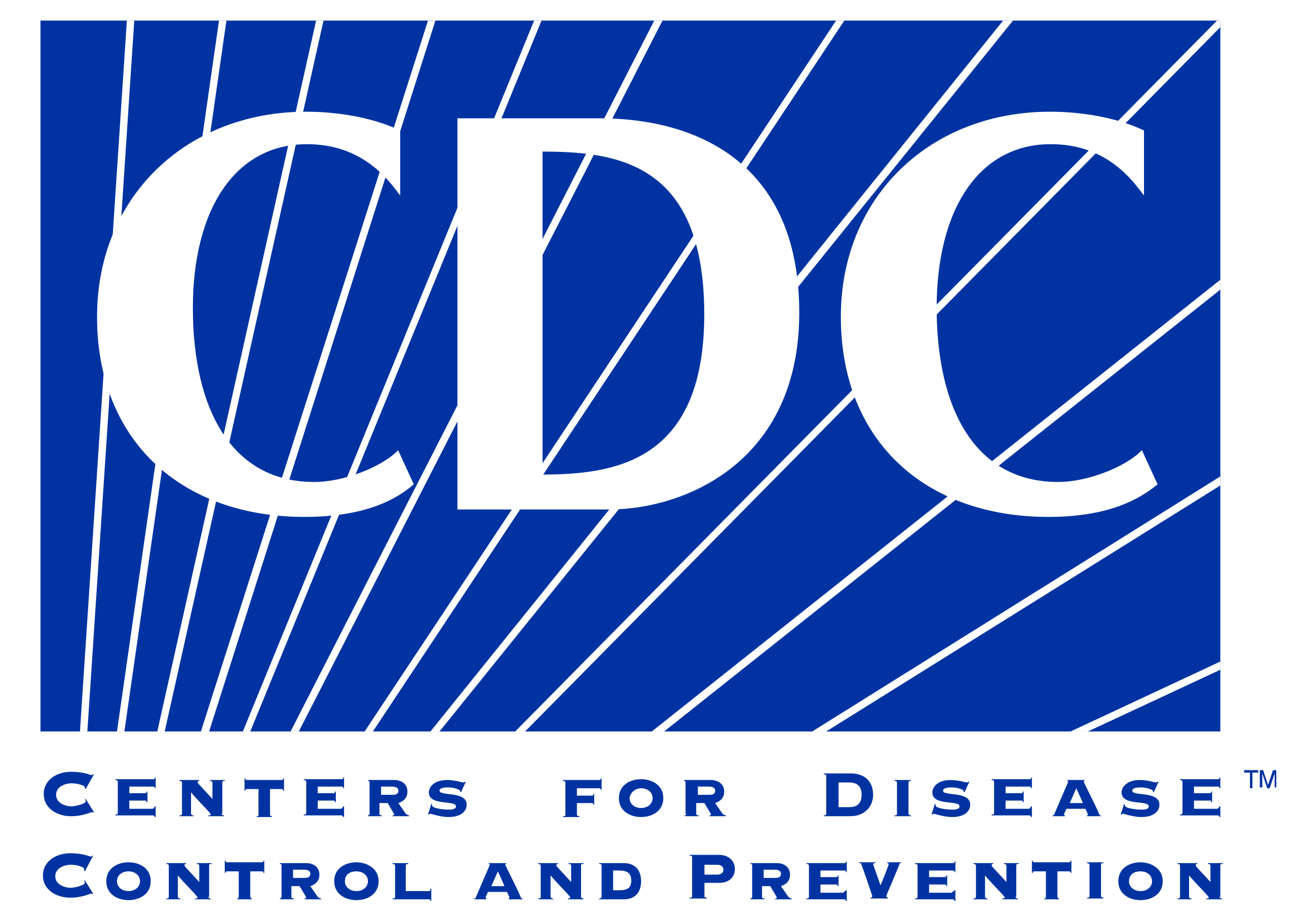Article
CDC Proposes 2022 Updated Recommendations for Prescribing Opioids
Author(s):
The CDC is encouraging public feedback on updated guideline recommendations for opioid prescribers for the first time since 2016.

The Centers for Disease Control and Prevention (CDC), Department of Health And Human Services (HHS) proposed new clinical practice guidelines for prescribing opioids for pain management. These guidelines are not yet official as the government has just opened the docket to obtain comments from the public regarding the proposed guidelines.
While the purpose of the guideline is to serve as a clinical tool for providers, the recommendations are voluntary. The CDC emphasized that they are intended as flexible standards of care and should not replace clinical judgment or individualized, patient-centered care.
Also, the recommendations do not apply in cases of cancer or sickle cell disease (SCD).
The new clinical practice guideline, CDC Guideline for Prescribing Opioids–United States, 2022, expands on the previous one, CDC Guideline for Prescribing Opioids for Chronic Pain–United States, 2016, by including updated, evidence-based recommendations for clinicians.
Now that the recommendations are open on the Federal Register, public comments can be submitted for 60 days through April 11, 2022. After the comments are reviewed by the agency, a finalized version can be expected by the end of 2022.
According to the CAPT US Public Health Service Acting Director, Center for Injury Prevention and Control, CDC, this comment period is a critical part of the revision process because it encourages perspectives from diverse audiences.
“We want to hear many voices from the public, including people living with pain and the health care providers who help their patients manage pain,” Christopher M Jones, PharmD, DrPH, MPH, said in a statement. “The ultimate goal of this clinical practice guideline is to help people set and achieve their personal goals to reduce their pain and improve their function and quality of life. Getting feedback from the public is essential to achieving this goal.”





